A classic British scone made vegan! This recipe is pure baking therapy and the result is just like the dairy-laden kind. Enjoy with some clotted cream and jam.
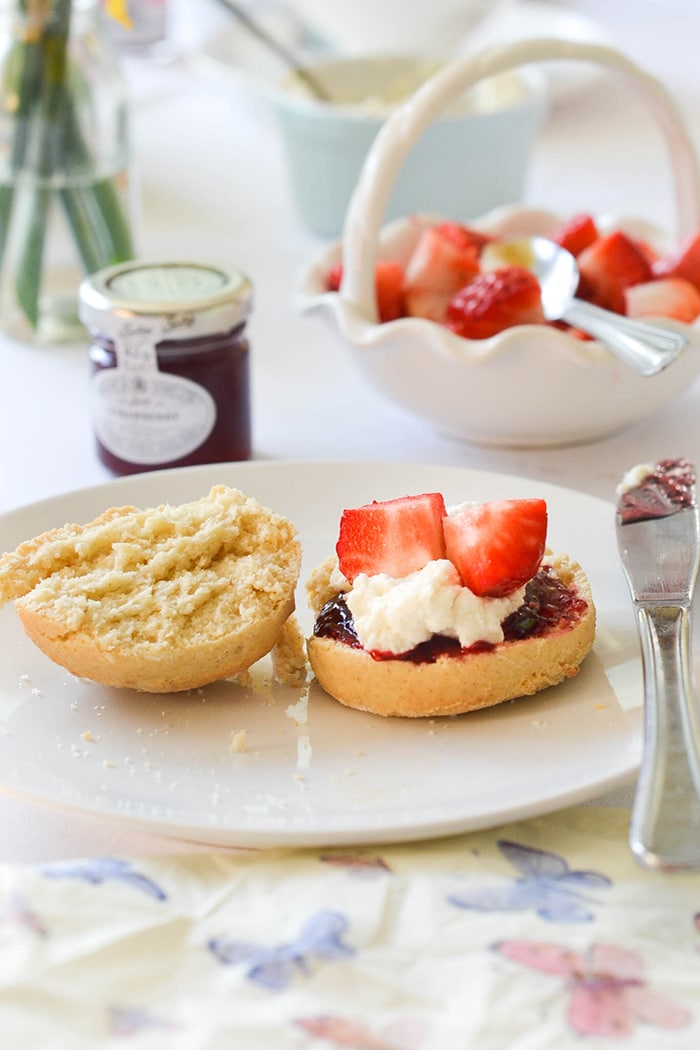
Scones are my number one obsession, when it comes to baking. I had to share this vegan scones recipe along side my Vegan Afternoon Tea guide, where I share more recipes and tips.
They were the first thing I learnt to bake as a child and have been a regular favourite in my kitchen ever since. If any of you have a copy of my cookbook, you'll see a photo of this on the first page!
This recipe is 100% the one I make most from my blog. These scones are baked almost weekly. And with good reason, because they're so delicious.
I don't reserve scones for just special occasions, they're an every day favourite in my house, but every now and then it's nice to "dress them up" with a selection of jams, clotted cream and perhaps some strawberries too to make a quintessentially British treat!
These scones are:
- Light and fluffy
- Easy to make
- Dairy-free
- Vegan
- Eggless
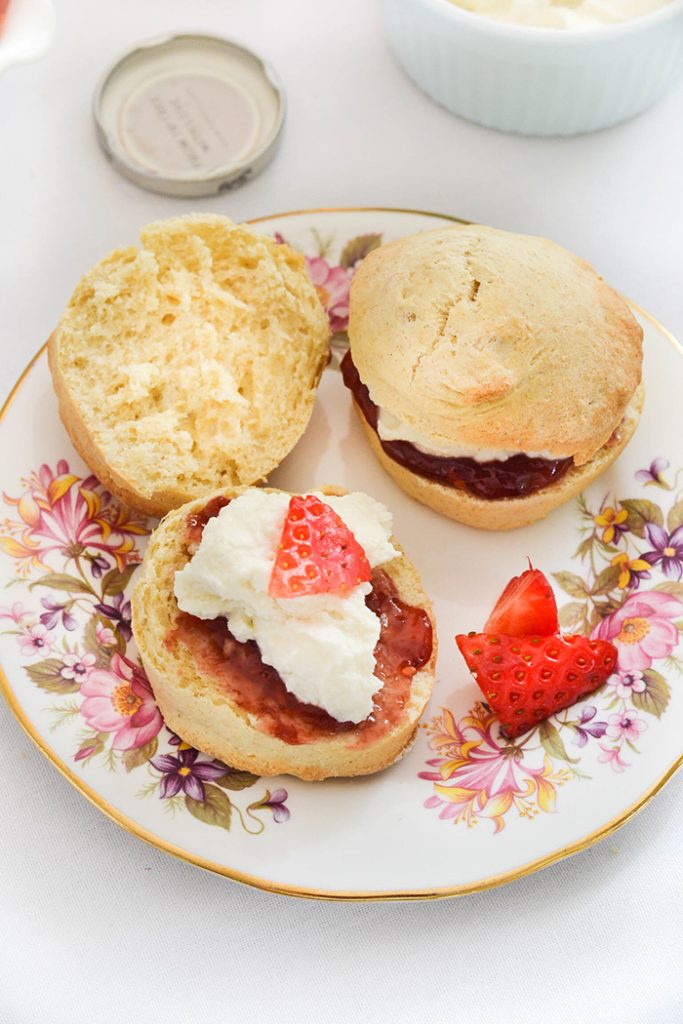
📖 Recipe
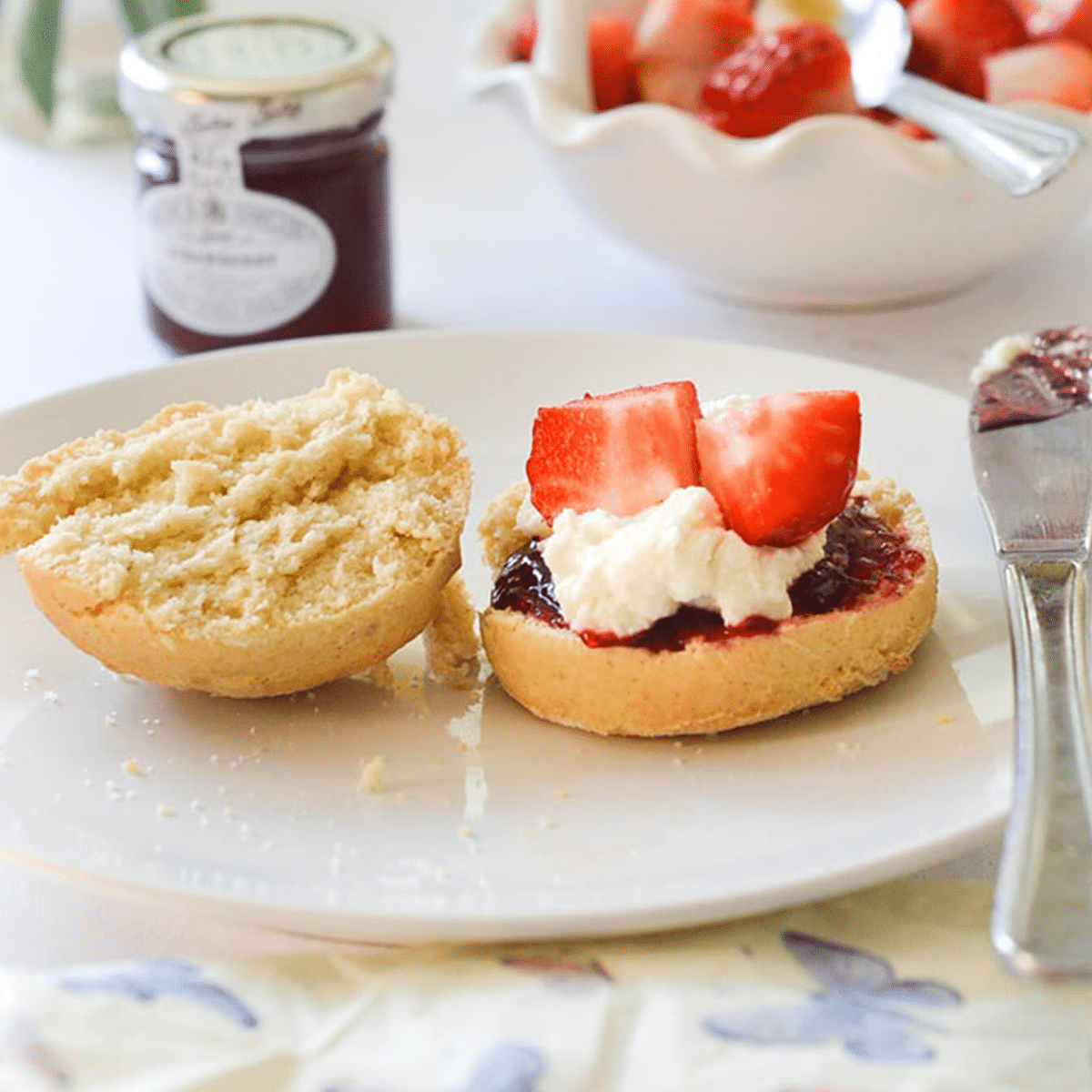
Vegan Scones with Clotted Cream
Light and fluffy vegan scones, perfect served as part of an afternoon tea.
Ingredients
- 240 ml unsweetened dairy-free milk
- 1 tbsp white or apple cider vinegar
- 475 g / 16 ¾ oz / 4 cups self-raising flour*
- 50 g / 1 ¾ oz caster sugar
- 85 g / 3 oz vegan butter spread
- (Optional) handful of dried fruit, to make fruit scones
- Extra milk or aquafaba, for glazing
- Vegan clotted cream
Instructions
- Preheat the oven to 200c / 390f and line a baking tray with parchment paper.
- Mix the milk and vinegar together in a jug, allowing it to curdle and create a "buttermilk".
- In a large mixing bowl, stir together the flour, sugar and salt.
- Add the vegan butter in a tsp at a time and use your fingers to rub it into the flour. Alternatively, use a food processor or stand mixer.
- When the butter is fully incorporated and the mixture resembles a dense sand, slowly add the buttermilk mixture and mix until it forms a soft dough.
- Turn out onto a lightly floured surface and kneed briefly. Add the dried fruit at this point, if using. Flatten into a 1-inch thick dough and cut out the scones using a small cookie cutter or upside down glass. Transfer the scones to the baking sheet and brush with a small amount of almond milk or aquafaba.
- Bake for 10-12 minutes until lightly golden.
- Enjoy warm from the oven with some vegan butter & jam or cooled with some vegan clotted cream!
Notes
*Self-raising flour already contains salt and raising agents but if you can't get hold of any - just use plain flour with 2 tbsp baking powder, ½ tsp bicarbonate soda and a pinch of salt.
Nutrition Information
Yield 15 Serving Size gAmount Per Serving Calories 208Total Fat 6gSaturated Fat 3gTrans Fat 0gUnsaturated Fat 2gCholesterol 12mgSodium 454mgCarbohydrates 35gFiber 1gSugar 6gProtein 4g


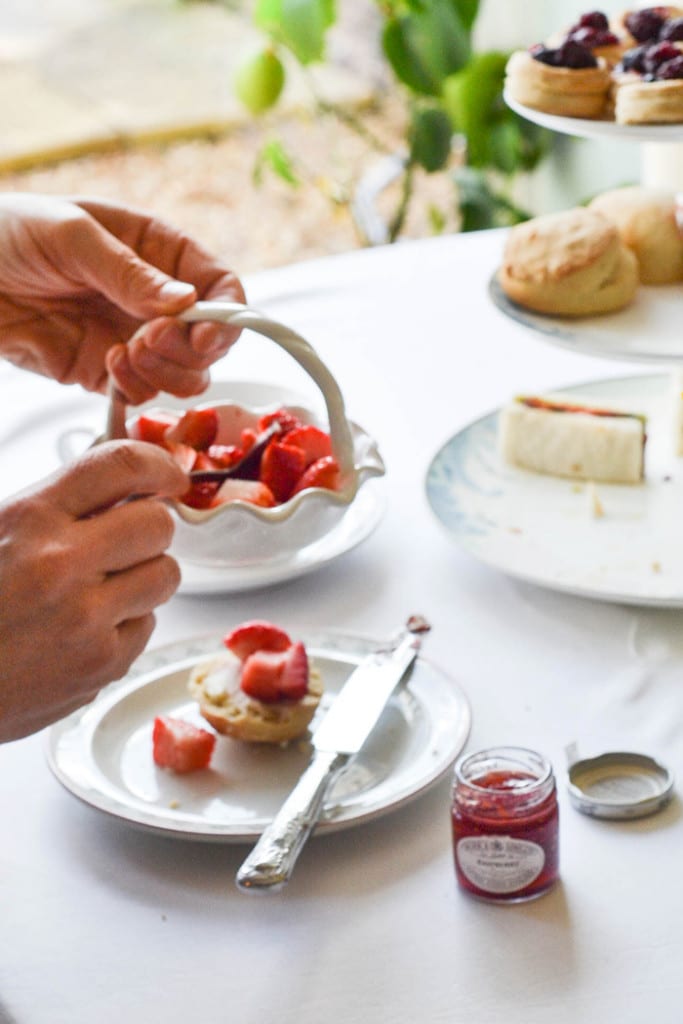
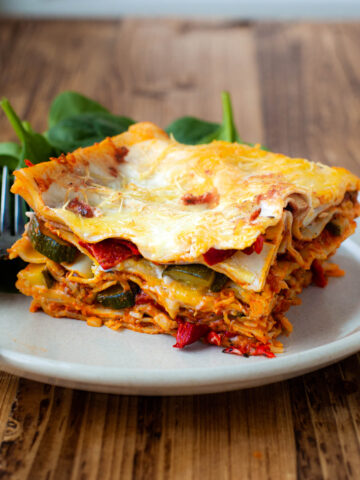
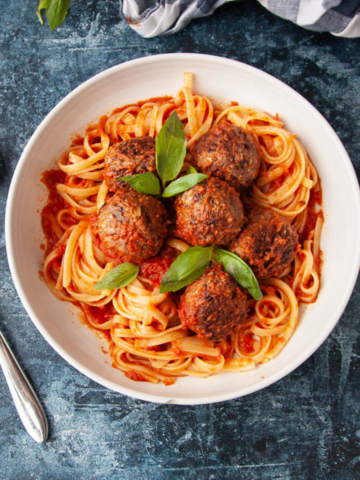
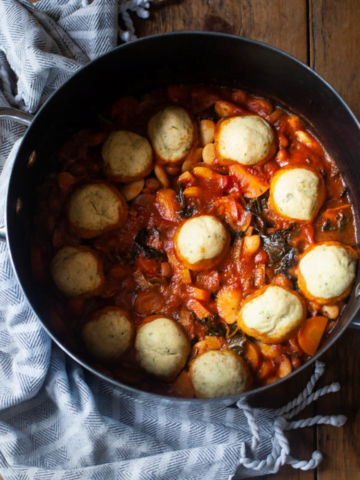
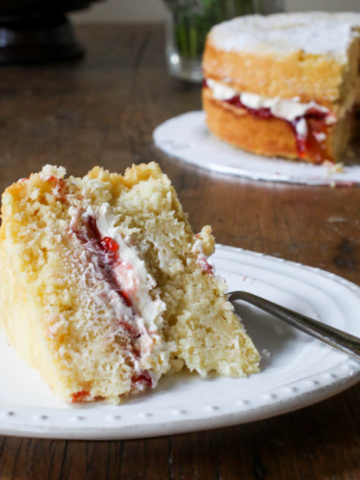
Jen says
Few questions for you Aimee…
1. Is the dairy-free butter salted or unsalted? (If need I use unsalted, how much salt should I add?)
2. For making my own self-rising flour, you wrote “ *Self-raising flour already contains salt and raising agents but if you can't get hold of any - just use plain flour with 2 tbsp baking powder, 1/2 tsp bicarbonate soda and a pinch of salt.” - just add these to 4 cups of all-purpose flour? Or is there a ratio to 1 cup of all-purpose flour?
3. Do you think soy milk would work well? (I read on quite a few sites that soy milk is the best vegan substitute for baking - https://www.foodnetwork.com/recipes/packages/baking-guide/the-best-milk-alternative-for-baking )
4. For this recipe on your website and your book, as well as the other scone recipes on your site - they differ slightly on baking temperature and how thick the dough should be before cutting out the scones (1/2, 3/4, versus 1 inch). I would love to try all of these recipes eventually (especially regular, rose water, & cheese!), but unsure which baking temperature and dough widths to use for each (or if it makes a difference). Help!
Thank you so much!
Aimee says
1) This isn't something you need to worry about with dairy-free butter. They contain a little salt but you can add more to taste, if you prefer.
2) The formula is to use approximately 1 tsp baking powder per 120 g (1 cup) of plain flour. My notes are specific to this recipe.
3) Yes soy milk works well.
4) I recommend 1-inch thick and baking time will vary slightly for everyone, depending on their ovens, but check them after 10 minutes and bake for longer, if required.
Carolyn says
Mine didn’t really work. The dough was super sticky so I ended up using so much flour then once in the open they didn’t rise at all and were so hard and dense when they came out.
I was so sad :( haha
What did I do wrong?
Aimee says
Oh no! Sorry to hear that. Did you definitely use self-raising flour (or flour with raising agents?) I recommend adding the liquid in a bit at a time - no need to use all the milk if the mixture starts to get too wet. It sounds like maybe either the dough was overworked or there weren't any raising agents. Let me know if you still have issues. Hope it works out better next time!
Carolyn says
Yeah I definitely used self raising flour! Yeah maybe I should of used less liquid.
Yeah I will try all this for next time I make them and hopefully it works out better.
Because they are very hard now haha
N.T says
Hi can you make the dough the night before and store in the fridge covered with cling film? Then the next morning knead on floured surface, shape them and bake them?
Aimee says
Hi, sorry for the late reply. You can do this - however, I have found the times I tried it, they didn't rise as well, so keep that in mind. You can also bake the night before and finish them off in the oven for a further 5 minutes the next day (which is what I usually do).
Michelle says
I can't get hold of any self-raising flour at the moment. When you say to add 2 tsp of baking powder, 1/2 tsp of baking soda, and a pinch of salt, do you mean for the whole 475g of flour or for every cup (~150g) of flour? I've see some people suggesting adding 2 tsp of baking powder for every cup of plain flour to make self-raising flour, but I haven't had any luck so far! My scones never rise. Thanks!
Aimee says
Ah I'm sorry about that, I will edit it now! It's meant to be 2 tablespoons (which equates to 6 teaspoons) and I always add some extra bicarb for vegan recipes to help give it an extra rise without the eggs, but its probably not strictly necessary.
Rajeev Chakraborty says
This recipe s just amazing! I made these for my wife and children and now it has becomethe most awaited baked food at home. I realised that using soya milk gives me better results than oat milk.
Aimee says
I'm so glad you and your family like them! Thanks for the tip about soy milk, thats interesting.
Michelle says
Have you tried this recipe with gf flour ?